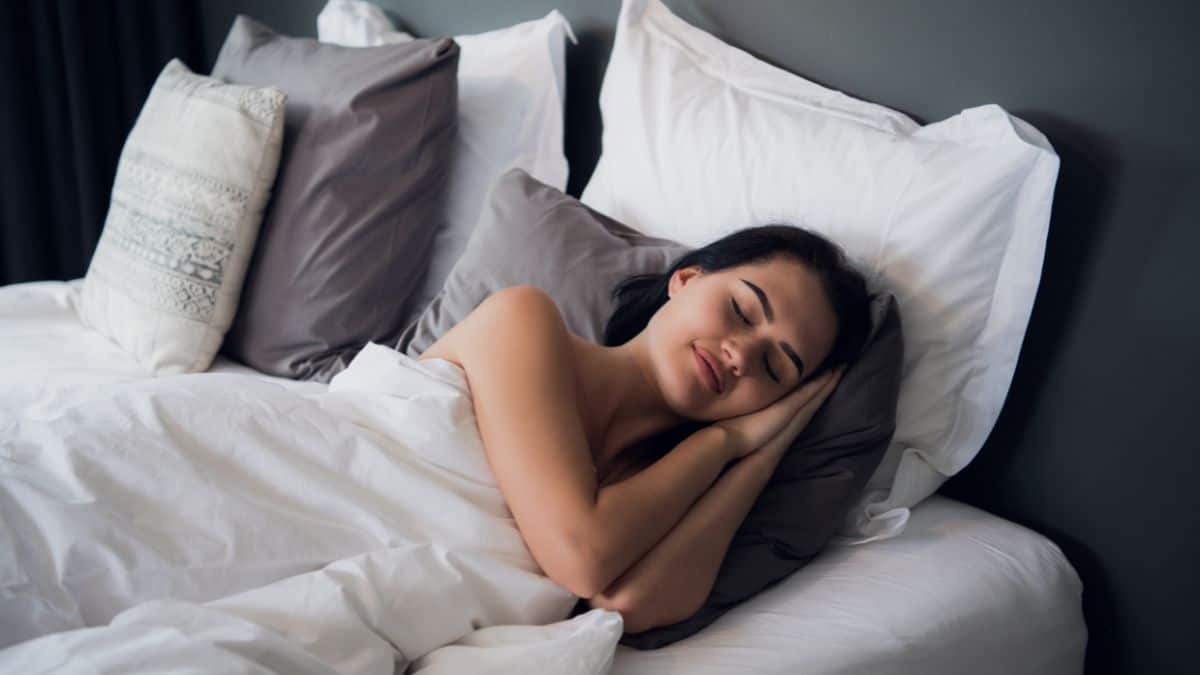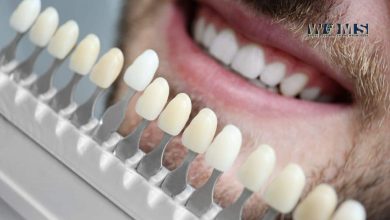How To Sleep Better To Feel Energized?

How many hours of sleep do you need? It’s a question that experts have been debating for years. And the answer, it turns out, is quite complicated.
There is no one right answer because the optimal sleep quantity varies significantly based on many things. But figuring out the right answer for YOU is an important part of learning how to sleep better.
Factors that Influence How Much Sleep We Need
Several factors can influence how much sleep we need, including our age, lifestyle, health, and other factors. So how can you determine how much shut-eye you need?
Here’s a look at some of the key considerations.
Age
Sleep needs vary by age group. Young children and teens tend to need more sleep than adults. And as we get older, our sleep needs to change again. Seniors usually require less sleep than younger adults. On the other hand, babies need the most sleep of any age group – up to 18 hours per day!
But for the average adult, the National Sleep Foundation recommends somewhere between seven and nine hours.
Lifestyle
How you live your life can also affect how much sleep you need. If you have a sedentary lifestyle, you may require less sleep than someone very active. And if you have a high-stress job or lifestyle, you may need more sleep to help your body recover from the daily grind.
Health
Your health can also play a role in how much sleep you need. If you are in good health, you may require less sleep than someone who is dealing with an acute or chronic illness or recovering from an injury. Certain medications can also make you sleep more or less.
Other Factors
Other factors influence how much sleep you need, including your sleep habits, environment, and genetic factors. If you have difficulty sleeping, you may need more sleep than someone who sleeps soundly through the night.
And if you live in an area with a lot of light pollution or noise pollution, you may also find you need more sleep to offset the effects of these environmental disruptions.
The bottom line is, that there is no one-size-fits-all answer to the question of how much sleep we need. The best way to determine how much sleep is right for you is to pay attention to how you feel during the day.
If you’re feeling well-rested and energetic, then you’re probably getting the right amount of sleep. But if you’re feeling tired and sluggish, then you may need to adjust your sleep habits.
Let’s talk more about some of the signs you’re not getting enough sleep next.
How to Tell if I’m Not Getting Enough Sleep
As it turns out, “feeling tired” isn’t the only way to know if you’re getting enough sleep. After all, you can still feel tired on days when you get plenty of sleep!
There are several other signs that you may be sleep-deprived, including:
- You have trouble concentrating or focusing
- You’re irritable or easily frustrated
- You have trouble remembering things
- You get sick more often
- You have trouble controlling your emotions
- Your skin looks dull and lifeless
- You have dark circles under your eyes
Do you find yourself experiencing any of these symptoms regularly? Then it may be a sign that you’re not getting enough sleep. If this is the case, it’s prime time to make some changes to your sleep habits. Otherwise, you could find yourself dealing with some serious health problems down the road.
How to Sleep Better: Adjust Your Sleep Habits and Make Sleep a Priority
Now that you know how much rest you need, it’s time to make sure that you’re getting enough shut-eye. Here are nine tips to help you get the best night’s sleep:
- Make sleep a priority. Just like eating healthy and exercising, getting enough sleep should be one of your top priorities. So set aside time for sleep and stick to a regular sleep schedule as much as possible.
- Adjust your sleep habits. If you’re struggling to sleep well, take a look at your sleep habits and see if there are any changes you can make. For example, try avoiding caffeine in the afternoon or evening, establish a regular bedtime routine, and create an optimal sleep environment (dark, quiet, and cool).
- See a doctor. If you’re still having trouble sleeping, it may be time to see a doctor. Sleep disorders are relatively common and can often be treated effectively. So if you’re not getting the sleep you need, don’t hesitate to seek help from a medical professional.
- Implement a nightly routine that prepares your mind and body for sleep. This may include winding down for 30 minutes before bed with relaxation techniques such as reading or stretching.
- Get fresh air and sunlight each day, and limit screen exposure later in the day. If possible, avoid working or using electronic devices in bed.
- Keep a sleep diary to track how much sleep you’re getting and how you’re feeling during the day. This can help you identify patterns or problems that may be affecting your sleep.
- Make sure your bedroom is dark, quiet, and cool. This creates an environment that’s conducive to better sleep and will help you get the most restful night’s sleep possible.
- Avoid caffeine and alcohol before bed. Caffeine can stick around in your system for up to eight hours, so it’s best to avoid it in the afternoon or evening. Some people are also more sensitive to it than others, so that’s something to keep in mind, too. And while alcohol may make you drowsy at first, it can disrupt your sleep later in the night, which could be why you often find yourself waking up not long after falling asleep.
- You might also try some unique methods many people swear by for improving sleep, including vagus nerve stimulation (VNS). Rather than relying on invasive measures, you can now do vagus nerve stimulation at home with VNS headphones that can promote relaxation, a brighter mood, faster recovery, and even better sleep.
Getting enough sleep (and high-quality sleep) is essential for good health and well-being. So make sure you’re getting the shut-eye you need by following these tips and determining if you’re getting enough sleep each night.
And don’t forget! If you’re still having trouble sleeping, see a doctor to rule out any underlying sleep disorders.




